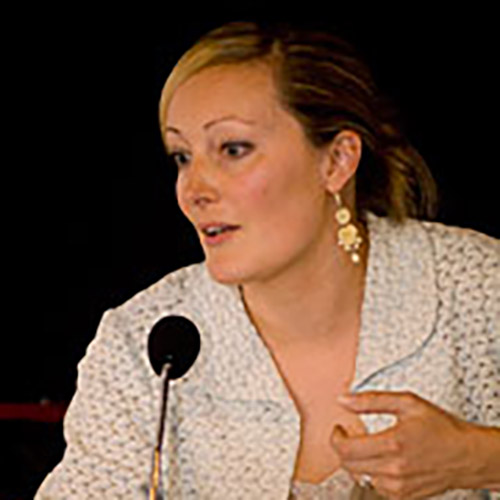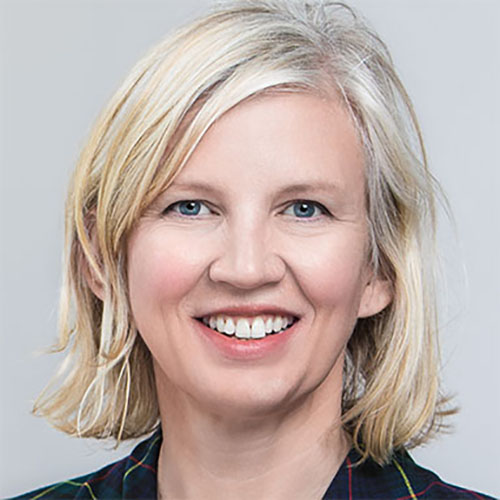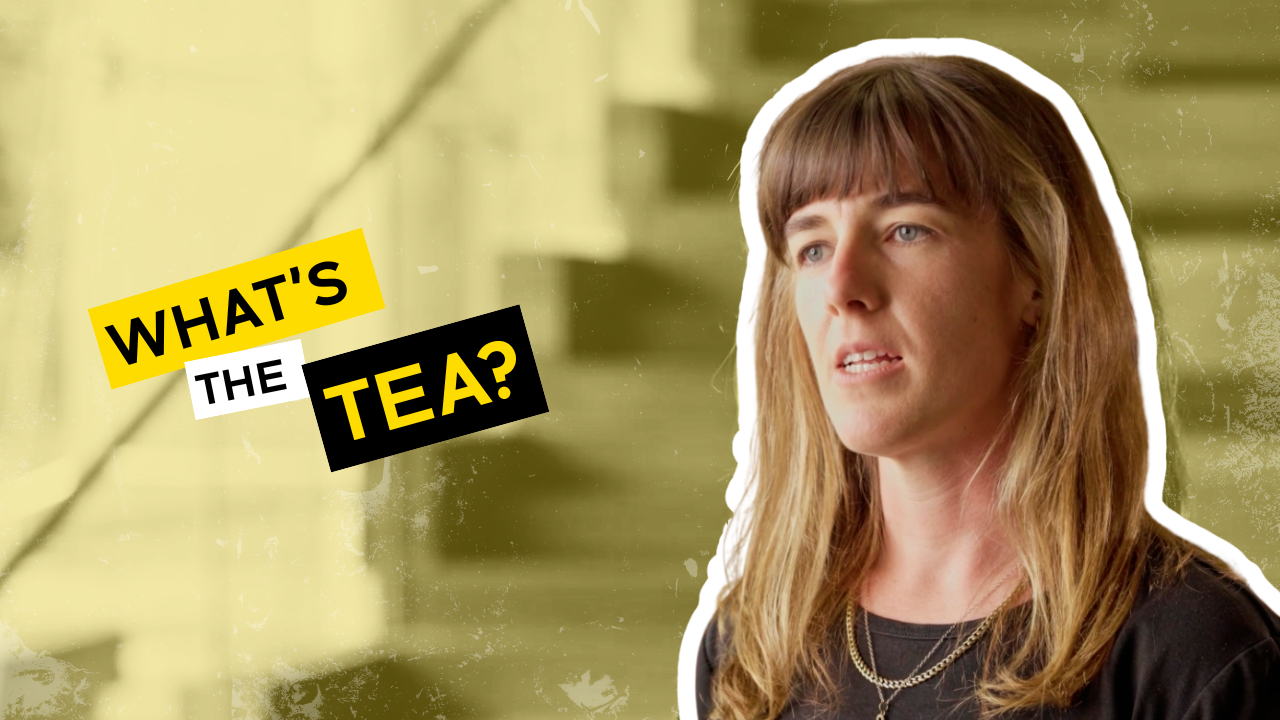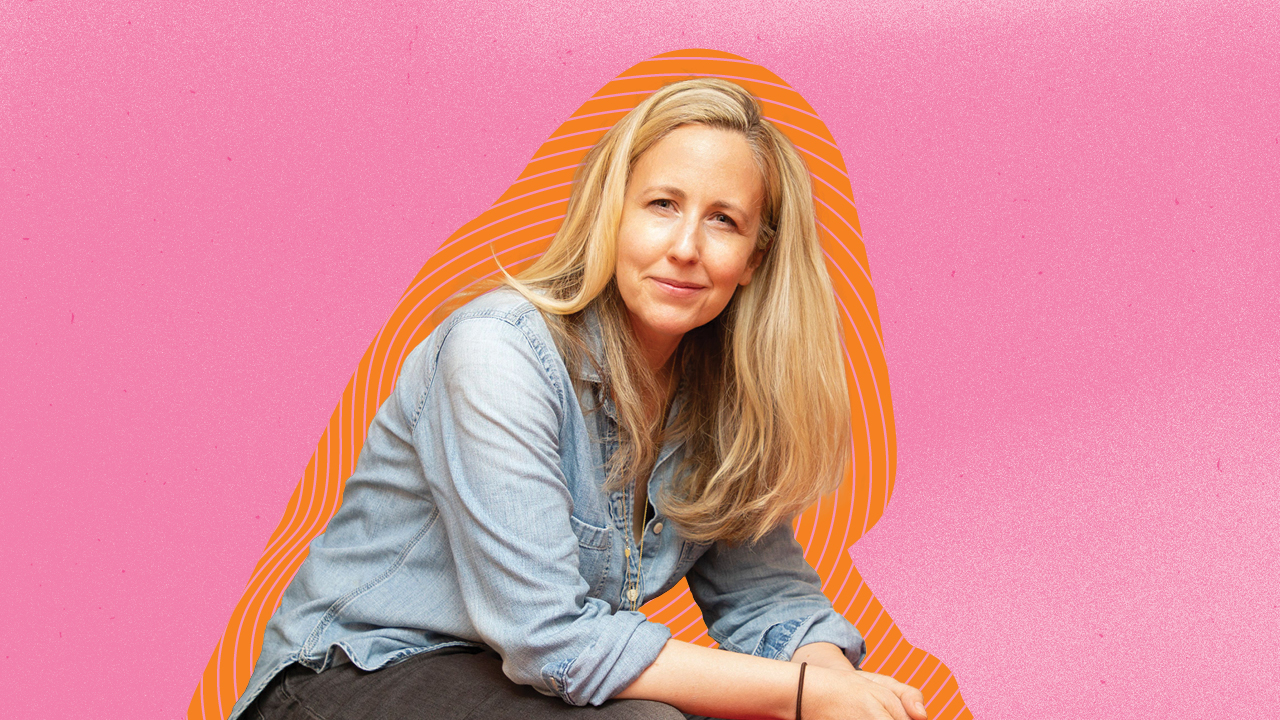Cloud Ethics

DIGITAL EVENT
Join the event now on our website.
Algorithms are one of the most useful tools on the planet right now. All online searches use them, they basically run our smartphones, emails wouldn’t know how to get to their destinations without them and neither would our delivery drivers.
But, despite their elegance, usefulness and almost always good intentions, with an avalanche of unintended consequences resulting in some seriously bad press, we need to have a discussion about algorithmic ethics. Consequences such as recommender algorithms pushing more and more extreme content to social media users, the promulgation of fake news online and the influencing of national elections, to name a few.
With their powerful ability to transform contemporary society and make decisions that affect our lives, how do we manage what seems like the actions of invisible puppet masters but really has no human author?
What can we do to make sure these systems are fair, but acknowledge the uncertainty that will always be part of our relationship with algorithms?
Political geographer Louise Amoore is the author of several celebrated books on how contemporary forms of data and algorithmic analysis are changing society – most recently Cloud Ethics: Algorithms and the Attributes of Ourselves and Others. Join her for a conversation with UNSW international law and technology expert Fleur Johns as they explore the ethics and politics of algorithmic systems.
The Centre for Ideas’ new series of international conversations brings the world to Sydney. Each digital event brings a leading UNSW thinker together with their international peer or hero to explore inspiration, new ideas and discoveries.
TICKETS
ABOUT DIGITAL EVENTS
This event will be available on the UNSW Centre for Ideas website, Facebook, and UNSW YouTube channel. Closed captions will be available on each platform.
A link to watch the event will be sent on the event day to registered attendees.
ACCESS
The Centre for Ideas can provide Auslan interpretation on request. Please email centreforideas@unsw.edu.au to request this service. Closed captions will be available on each streaming platform.
CONTACT
For event enquiries or to discuss your access requirements, please call the Centre for Ideas on 02 9065 0485 or email centreforideas@unsw.edu.au.
The Centre for Ideas is happy to receive phone calls via the National Relay Service. TTY users, phone 133 677, then ask for 02 9065 0485. Speak and Listen users, phone 1300 555 727 then ask for 02 9065 0485. Internet relay users, visit relayservice.gov.au, then ask for 02 9065 0485.

Louise Amoore
Louise Amoore is a Professor of Political Geography at Durham University in the UK. Her research and teaching focuses on aspects of geopolitics, technology and security and she is particularly interested in how contemporary forms of data and algorithmic analysis are changing the pursuit of state security and the idea of society. Her most recent book is Cloud Ethics: Algorithms and the Attributes of Ourselves and Others which has been reviewed as “essential reading for anyone interested in the ethical and political analysis of our digital condition”. She is appointed to the UK independent body responsible for the ethics of biometric and data-driven technologies and is co-editor of the journal Progress in Human Geography.

Fleur Johns
As a Professor in the Faculty of Law & Justice at UNSW Sydney, Fleur Johns works in the areas of public international law, legal theory and law and technology. She studies emergent patterns of governance on the global plane and their social, political and economic implications. Her most recent work has focused on the role of automation and digital technology in global legal relations, especially in development, humanitarian aid and disaster relief. She is currently leading an Australian Research Council-funded project entitled 'Data Science in Humanitarianism: Confronting Novel Law and Policy Challenges’.



